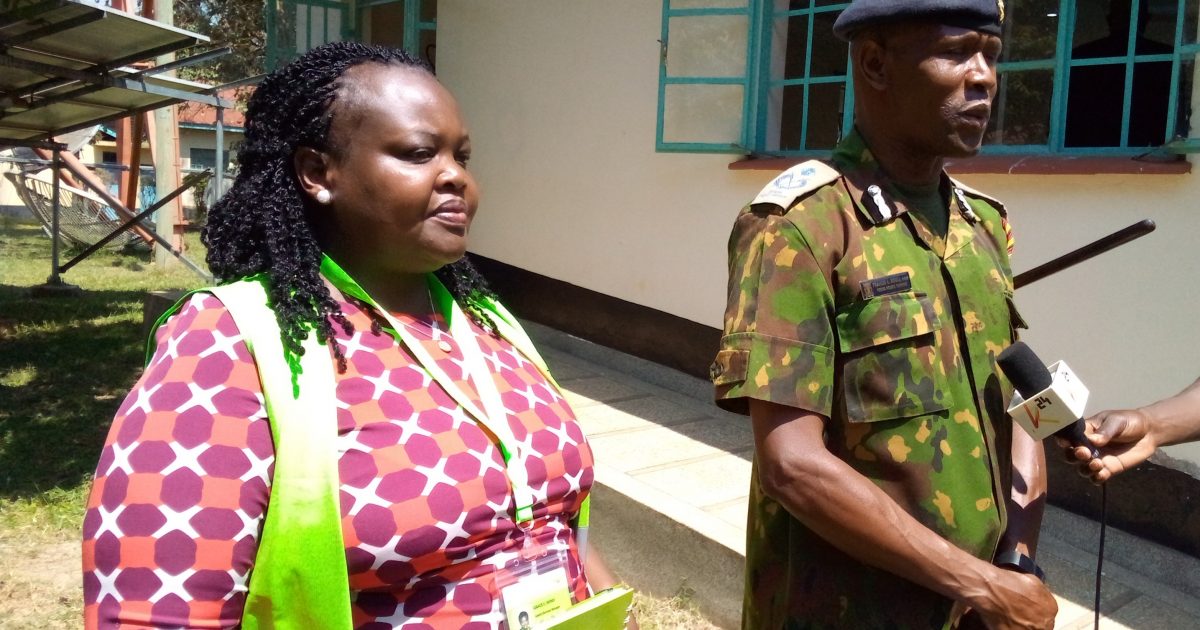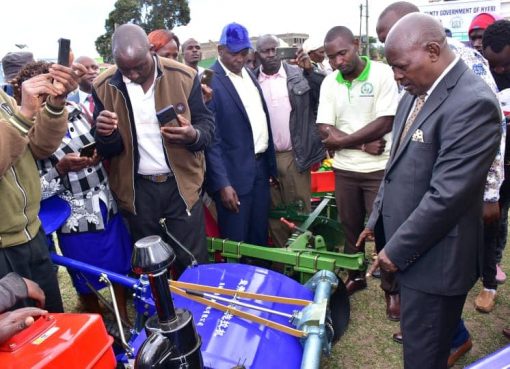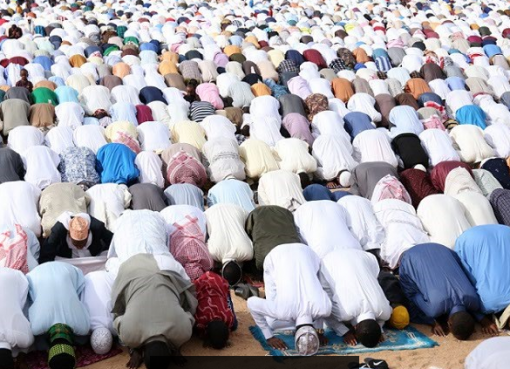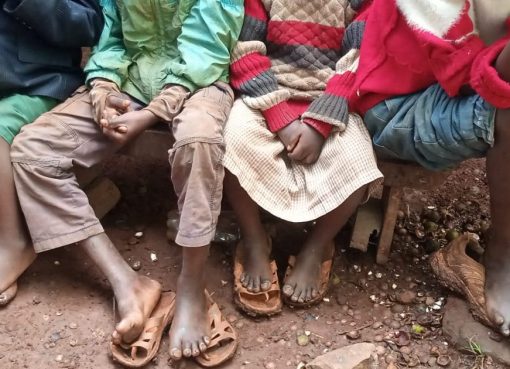Fifty Sub county police commanders in Bungoma County have been trained by the IEBC on its preparedness to conduct elections on August 9th this year.
In an Interview with KNA on Tuesday after a meeting with the police officers, Bungoma IEBC official Grace Rono, noted that the commission has decided to familiarise police officers on the polls laws as they will play a key role in the polling process.
“Police officers are part and parcel of the polling process in Kenya that is why the commission has taken this chance to train them to ensure that they can cooperate well with the voters and the IEBC,” she said.
Ms Rono added that the training will be cascaded down to the police stations where junior police officers will be trained on the same by those who have attended the training.
She affirmed that the commission is prepared to deliver free, fair and credible elections and all election laws will be adhered to. She said that so far, no complaint has been registered at the IEBC offices.
She noted if there is any complaint from the aspirants it should be reported to the IEBC officials accompanied with facts, while asking aspirants and residents to keep and maintain peace on the polling day.
She appealed to the voters in Bungoma County to turn up in huge numbers, cast their votes and return back home to follow up the process on their Television sets.
“Election is only a one day exercise so let us maintain peace and pick the leaders we want, Kenya must continue after the polls,” she noted.
Bungoma County police commander Francis Kooli told KNA that he will ensure all police officers in Bungoma County comply with section 105 of the elections act where all police officers are required to collaborate with the IEBC on the provision of security asking all law enforcers to collaborate with the IEBC so that it achieves its objectives.
He said that in Bungoma County, plans have been put in place to ensure that the election is done in an organized and peaceful environment.
Kooli urged Bungoma residents to keep peace before, during and after elections.
By Anne Wekesa





